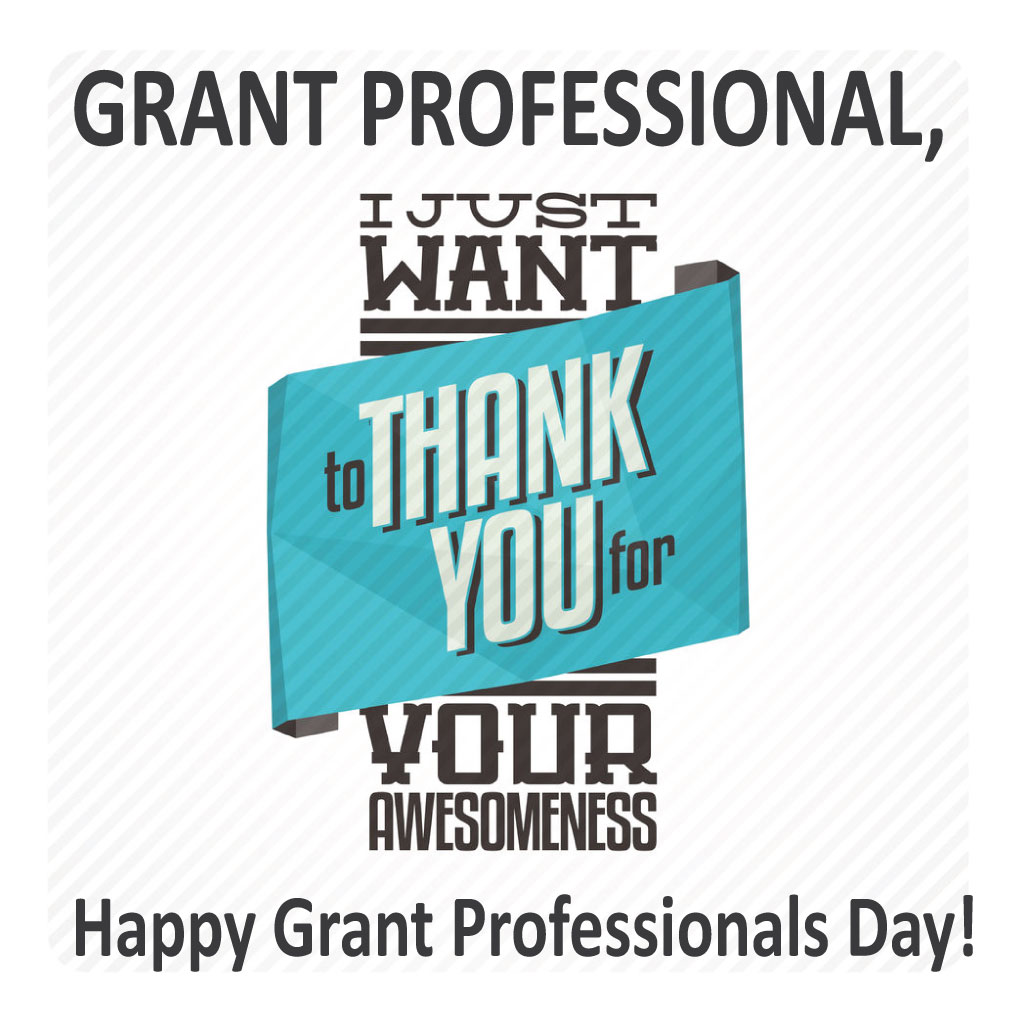06 May Financial Audits for Small Nonprofits By: Kellie Brungard, GPC
Posted at 08:30h
in Competency Two, Kellie Brunguard, Organizational Development, Organizational Readiness
Audited financials are a common component of grant readiness discussions and are often requested by funders. However, new or small nonprofits may wonder if an audit is really necessary. Understanding why an audit is helpful to a funder, how to find an auditor, and what to do if an audit seems unattainable can help small nonprofits plan.






 All the time and effort you put into designing a great project and developing a clear, well-written grant proposal has paid off and you’ve received a notice of award from the funder. Now, it’s time to ensure that you are a great steward of the grant funds that you have received.
All the time and effort you put into designing a great project and developing a clear, well-written grant proposal has paid off and you’ve received a notice of award from the funder. Now, it’s time to ensure that you are a great steward of the grant funds that you have received. 



